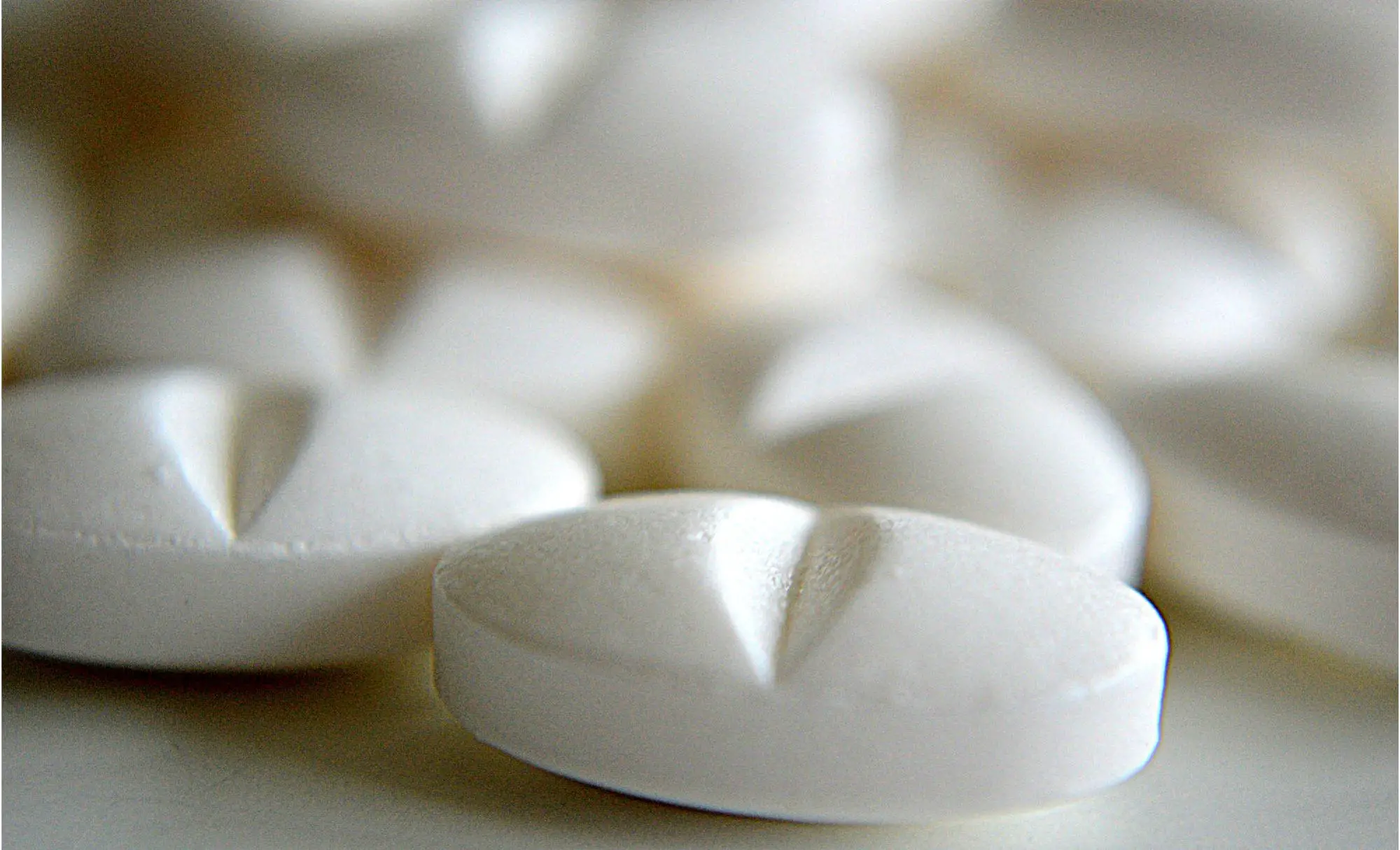Summary of “I’ve Never Seen Anything Like That Before” – Pill for Skin Disease Also Curbs Excessive Drinking:
Apremilast, a medication commonly used to treat psoriatic arthritis and psoriasis, has shown promising results as a treatment for alcohol use disorder, according to a study by researchers from Oregon Health & Science University and other institutions. In animal and human trials, the drug led to a significant decrease in daily alcohol consumption, with some individuals reducing their intake by over 50%. The medication works by blocking the activity of an enzyme linked to inflammation in the body, which may also play a role in alcohol consumption. The researchers say that further clinical trials are needed to fully evaluate its effectiveness.
*****
A Promising New Treatment for Alcohol Use Disorder?
Alcohol use disorder affects millions of people worldwide, causing devastating physical, emotional, and financial consequences. Despite many research efforts to find effective treatments, only a few medications have gained approval from the Food and Drug Administration (FDA) for this disorder.
Recently, a group of researchers from Oregon Health & Science University and various institutions nationwide discovered a medication commonly used for treating a skin condition as a highly promising treatment for alcohol use disorder. The medication, apremilast, has shown to drastically reduce alcohol consumption in animal models and humans in a double-blind, placebo-controlled study.
This promising new treatment for alcohol use disorder has piqued the interest of both researchers and individuals suffering from this debilitating condition. In this article, we explore the study’s findings and what it means for the treatment of alcohol use disorder.
What is Alcohol Use Disorder?
Alcohol use disorder, formerly referred to as alcoholism, is a medical condition characterized by compulsive alcohol use, the inability to control drinking, and continued drinking despite negative consequences. This disorder can cause a wide range of physical and emotional health problems, including liver disease, high blood pressure, depression, anxiety, and suicide.
According to the National Institute on Alcohol Abuse and Alcoholism, nearly 14.5 million adults in the United States have alcohol use disorder, with an estimated 95,000 people dying every year from alcohol-related deaths. Despite the significant impact of this disorder, only a few medications have FDA approval for its treatment.
Finding Effective Treatments for Alcohol Use Disorder
The search for effective treatments for alcohol use disorder has been a long and challenging journey for the scientific community. Researchers have experimented with various medications, ranging from benzodiazepines to antipsychotics, to opioids. Unfortunately, many of these treatments have not shown significant efficacy in reducing alcohol intake, and some have dangerous side effects.
Currently, only three medications have gained FDA approval for the treatment of alcohol use disorder. Antabuse, which produces an acute sensitivity akin to a hangover when alcohol is consumed; acamprosate, a medication thought to stabilize chemical signaling in the brain associated with relapse; and naltrexone, a medication that blocks the euphoric effects of both alcohol and opioids.
While these medications have shown some effectiveness in reducing alcohol intake, there is still a need for more effective treatments that can address the underlying neurobiological mechanisms driving alcohol use disorder.
The Promising Results of the Apremilast Study
The recent findings published in the Journal of Clinical Investigation have yielded promising results for a new treatment of alcohol use disorder. The study involved a team of researchers from Oregon Health & Science University and various institutions nationwide, who discovered that apremilast, an FDA-approved anti-inflammatory medication used to treat psoriasis and psoriatic arthritis, is a highly promising candidate for treating alcohol use disorder.
In the study, the researchers tested apremilast in two unique animal models and other strains of mice predisposed to mild to heavy alcohol use. In each case, apremilast reduced drinking among the animals. They found that apremilast triggered an increase in activity in the nucleus accumbens, the region of the brain involved in controlling alcohol intake.
The Scripps Research Institute in La Jolla, California, then conducted a double-blind, placebo-controlled clinical proof-of-concept study involving 51 people with alcohol use disorder. The individuals who were treated with apremilast showed a decrease in their daily alcohol consumption by over 50 percent, reducing their intake from five drinks per day to two.
The study’s lead author is Kolter Grigsby, a postdoctoral fellow in the Ozburn laboratory at OHSU, and the co-senior authors are Angela Ozburn, Ph.D., associate professor of behavioral neuroscience in the OHSU School of Medicine, and Barbara Mason, Ph.D., Pearson Family professor in the Department of Molecular Medicine at Scripps.
Potential for Future Clinical Trials
The promising results of the apremilast study are groundbreaking, providing hope for a new, effective treatment for alcohol use disorder. The study’s authors suggest that apremilast’s large effect size on reducing drinking, combined with its good tolerability in their participants, makes it an excellent candidate for further evaluation as a novel treatment for people with alcohol use disorder.
However, the researchers also note that their study involved people with alcohol use disorder who weren’t seeking any form of treatment. Future clinical trials should be done on people seeking treatment to determine the medication’s efficacy in the population for which it is intended.
“It’s imperative for more clinical trials to be done on people seeking treatment,” Ozburn said. “In this study, we saw that apremilast worked in mice. It worked in different labs, and it worked in people. This is incredibly promising for the treatment of addiction in general.”
Conclusion
Finding effective treatments for alcohol use disorder is critical in addressing an issue that affects millions of people worldwide. The promising results of the apremilast study provide hope for a widely effective, safe, and accessible treatment for this debilitating condition.
While more research is necessary to determine the medication’s efficacy in people seeking treatment, the preliminary findings of the study demonstrate the potential for apremilast to play a significant role in treating alcohol use disorder. The search for effective treatments for alcohol use disorder continues, and the apremilast study’s findings offer a light at the end of a long and challenging search.


Comments are closed